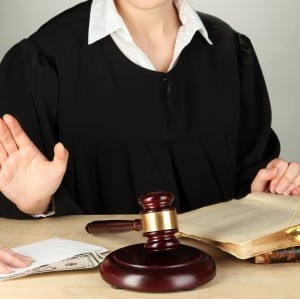Having to rely on Social Security disability payments as the only source of income can be a financial burden for many people. With a limited income and mounting medical bills, bankruptcy may seem like the only option available for those with financial problems. However, what will happen to a claimant’s Social Security disability income if they are forced to file for bankruptcy?
What Benefits are Protected?
Under the Social Security Act, benefits received from Social Security Disability Insurance (SSDI) are intended to provide disabled individuals with income to cover their basic living expenses. Therefore, most benefits cannot be garnished, levied, or attached. However, depending upon the type of bankruptcy that is claimed, SSDI benefits may be treated differently by the court. The good news is that federal disability benefits receive more protection than those that may be received from the state or through private or other programs.
Filing for Bankruptcy
There are two types of bankruptcy filings for individuals, Chapter 7 and Chapter 13. All disability payments must be reported for the bankruptcy budget. Both bankruptcy and Social Security disability lawyers may be needed to provide information on what type of bankruptcy to choose. The option chosen could make a difference that affects the debtor’s existing disability payments and disposable income.
With a Chapter 7 bankruptcy, all of the debtor’s property is considered to belong to the bankruptcy estate. The assigned trustee to the bankruptcy estate is permitted to take nonexempt assets and sell them to pay back creditors. Under Chapter 7, monthly SSDI payments are considered as nonexempt. However, a lump sum payment for prior disability benefits that are owed may not be fully protected. The deposit will need to be traced to prove that it was a SSDI payment. Despite this, a portion of the lump sum may be taken by the trustee if it exceeds the amount allowed for basic living, maintenance, and support.
With a Chapter 13 bankruptcy, the debtor is allowed to keep all their property, provided that they pay back all or a portion of their debts by abiding with a repayment plan. The bankruptcy trustee will not sell off nonexempt assets to pay creditors. However, nonexempt assets can increase the amount required to be paid back to nonsecured creditors through the court-approved repayment plan. Any portion of SSDI benefits that are determined to be non-exempt will be considered when calculating the monthly payment to be paid.




